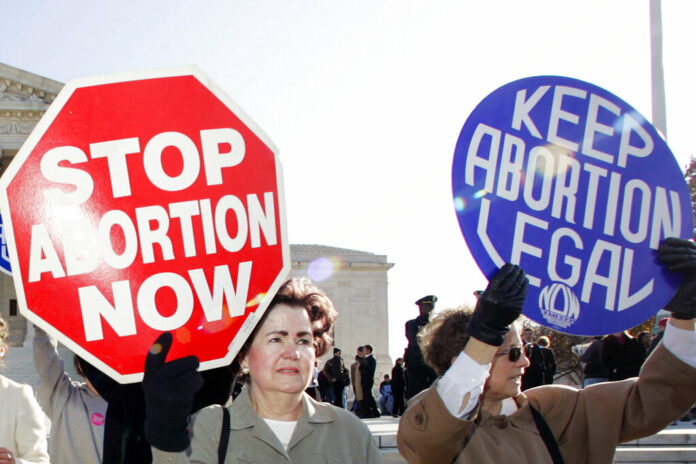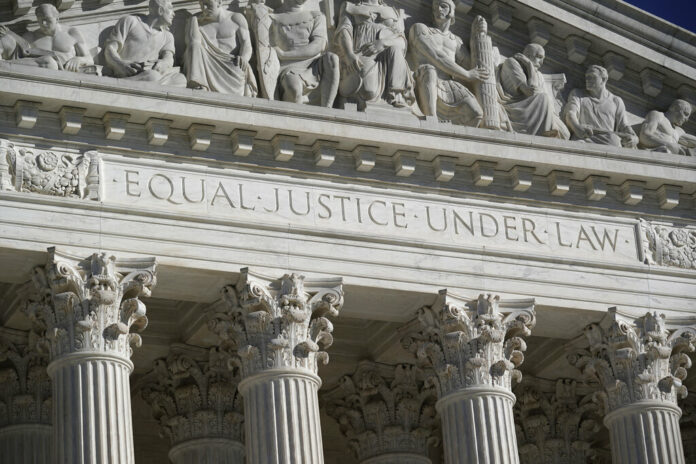Let me tell you about an experience I had with sharing Jesus in a post Christian culture. I once gathered with a group of new acquaintances to discuss the rich meaning of a French word bonheur, which conveys happiness, joy, and a deep sense of contentment. We shared our ideas, discussing the role that religion, friends, and family play in our happiness and peace. We debated, we laughed, and some shared personal stories in tears, while others simply shrugged and declared bonheur to be an impossibility in this life. Then, late into the night, we broke for a sort of intermission.
I’d been welcomed into this group as an American in France, a new resident who enjoys philosophical discussions. During the pause in the discussion, the questions came quickly: Who are you? What do you do? What is a Baptist pastor? What do evangelical Christians believe?
Suddenly the room became quiet as all eleven people waited for me to respond. I shared about the life of Jesus and his death on a cross. Then an older gentleman in the group jumped in with where he thought my story was going: “to save us!”
An Open Door to God’s Story
I asked him what that meant, and he admitted he had no idea. So I talked about a relationship with God enabled by Jesus’s righteousness and not our own. I said that I believe Jesus is able to transform our lives when we turn to him.
“People want to know that faith means overcoming doubt, not eliminating it.”
I blundered in French plenty during that talk. But eleven people—including ten self-declared agnostics or atheists—heard a bit of my story and God’s story. They now know there’s an evangelical church in town. And they’ve heard one Baptist minister’s belief in the existence of bonheur in this life. Later, one of the members of the discussion group recognized me at an event in town and asked to grab a coffee a week later.
5 Keys to Sharing Jesus in a Post Christian Culture
As it turns out, sharing Jesus in a post Christian culture isn’t all that scary or difficult. It may require some patience, it will require getting to know people, and it will require faith, real and honest. I’m not a sociologist, and I can’t claim thousands of hours of research into postmodernism or post-Christianity. But I do live in a country described by both secular and Christian sociologists as one among the most post-Christian in the world.
Here’s a short list of key behaviors I’ve found helpful when it comes to sharing Jesus with people in a post Christian culture.
1. Don’t Assume an Antagonistic Viewpoint.
If you’re truly in a post Christian culture, then most people view Christianity as an idea from the past. Basic Christian beliefs have been forgotten through decades of exodus from the church. Most people in post-Christian contexts know as much about the church as you probably know about Egyptian hieroglyphics. They might, in principle, be against the church and organized religion because they were taught that it’s a manmade entity for primitive minds. But most likely, many are agnostic—or indifferent—about spirituality and may be curious about Jesus. Be encouraged by that fact.
2. Model How Life and Faith Intersect.
I’ve often been told by friends within the post Christian culture that an eye-opening moment for them was hearing the simplicity of our prayers (such as before a meal in our home). They had no idea that we talk to God as a living being about our daily lives. We try and demonstrate in natural ways that it is in Christ and through Christ that “we live and move and have our being” (Acts 17:28 ESV). Don’t make a show of your faith, but don’t compartmentalize or hide it. Let people in, and live your life in the open. Value vulnerability.
3. Allow others to belong to community before they believe the gospel fully.
Purely attractional church models have little to no place in a post Christian culture, but that doesn’t mean we can’t be a community of believers and invite in others. When watching a game or hanging out with your Christian community, bring along a new friend. Introduce them to your church friends. Some might find the fellowship strange and walk away. But some might be longing for community. We have seen time after time the progression of people finding acceptance by a church community before they fully self-identify with Christ.
4. Share your story.
I’ve heard it said that Jesus should be more like backyard fence gossip than the canned sales pitches we’ve turned him into. If you want to tell people about what Jesus can do in their lives, they’re going to want to know what he’s done in yours. Your answer to this question—if honest—will carry far more weight in a post-Christian context than any well-reasoned arguments or philosophical proofs. People want to know that faith means overcoming doubt, not eliminating it. The blind man in John 9 said, “I was blind and now I see.” He shared his testimony, and people turned to Christ. Your story matters because it’s true, and it’s deeply personal.
5. Pray.
I thought about making this the first key, because, well, it’s the most important. But I feared you’d roll your eyes and stop reading. So I’m making it the last point instead. And I mean it; you have to pray. The more we pray, the more we develop real relationships with people needing Christ in their lives. The more we pray for people by name, the more opportunities we have to speak of Jesus with them. The more time we spend with the Father, the more his presence is evident in our lives. More than anything, pray.
For more information on working among post-Christian cultures, particularly European cultures, check out the IMB’s European peoples page.
This article on sharing Jesus in a post Christian culture originally appeared here, and is used by permission.















